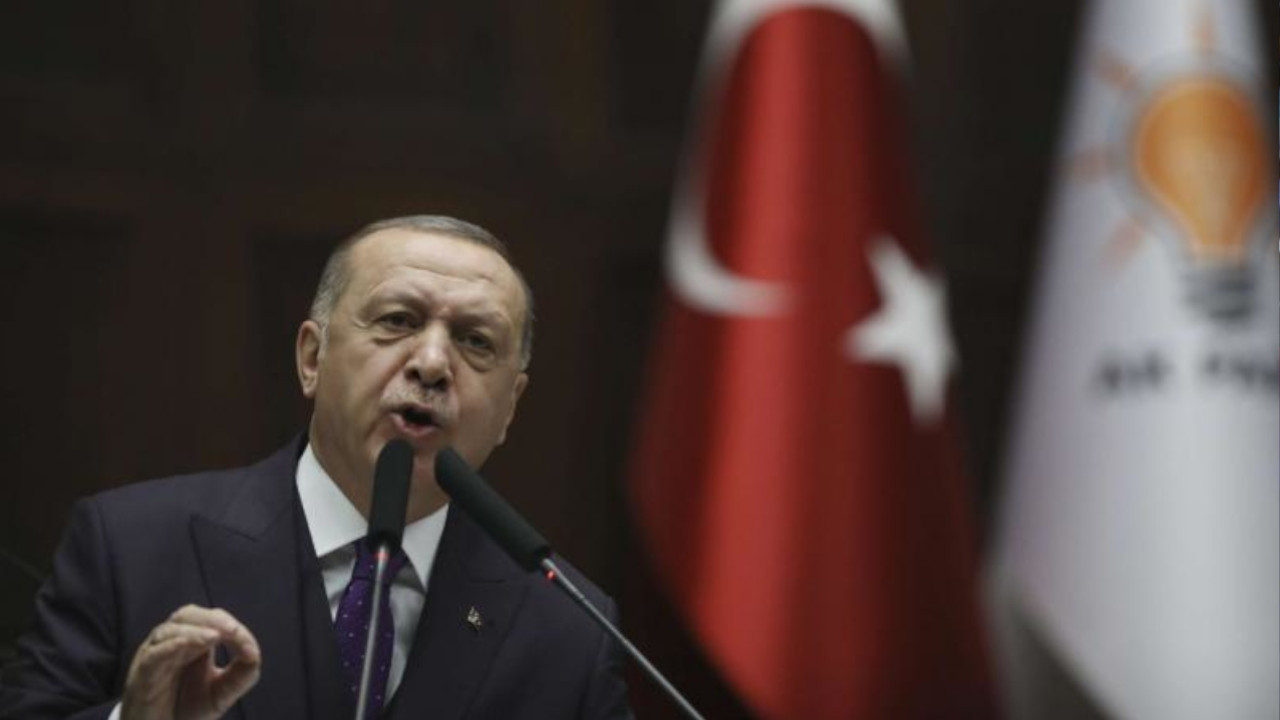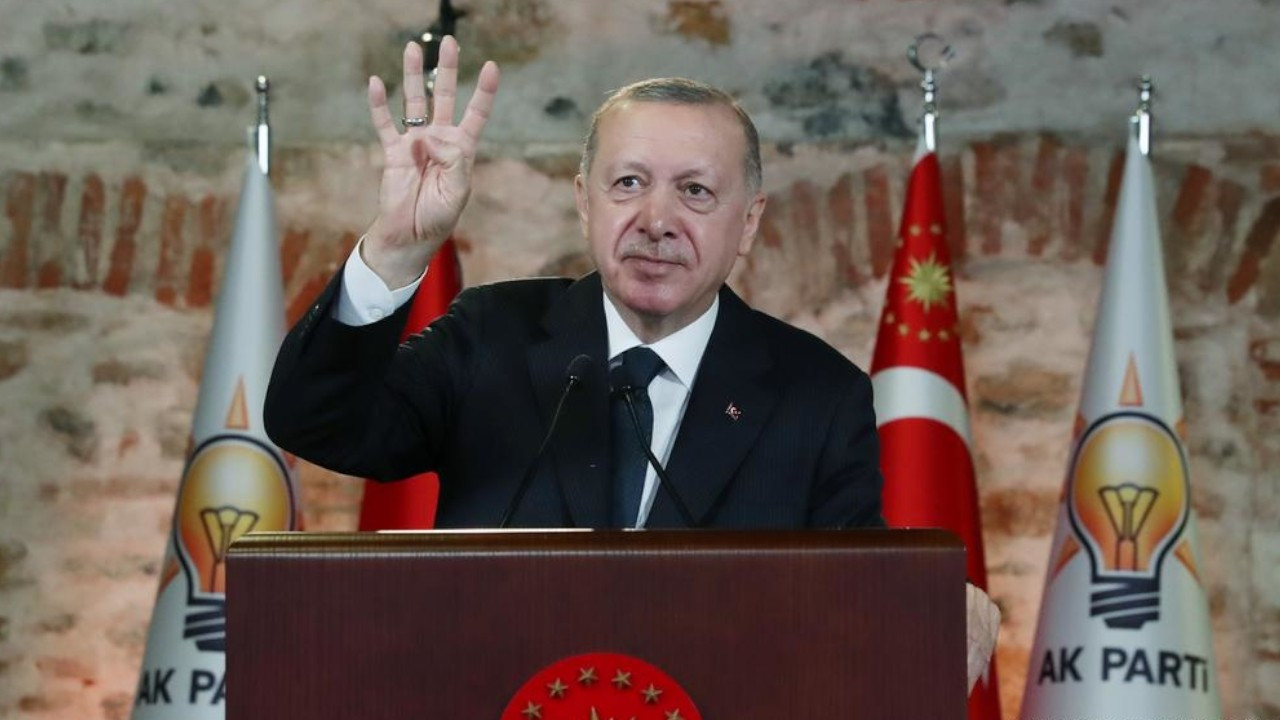Turkish citizens have no trust in Erdoğan’s government, poll shows
According to a recent opinion polling, Turkish citizens have lost faith in all branches of the government, from the Presidency, to the Directorate of Religious Affairs (Diyanet), to the Education Ministry. In the lead-up to the 2023 election, this indicates a government standing on an increasingly weak base of support.
Duvar English
Recent opinion polling shows that Turkish citizens have lost confidence in nearly all aspects of President Recep Tayyip Erdoğan’s government. Three years after its establishment, it seems that the efficacy and confidence in the executive presidential system have all but collapsed.
According to the September Politics Panel survey by the Yöneylem polling group, 53% of Turkish citizens have lost faith in the Presidency, daily Birgün reported on Oct. 13. Another 59% have lost faith in the president of the Directorate of Religious Affairs (Diyanet) Ali Erbaş, whose powers have expanded rapidly in recent months. Some 60% do not have faith in the Turkish Statistical Institute (TÜİK), which in recent weeks has distributed unemployment that is contradicted by other agencies. Some 52% of respondents, further, do not trust the Education Ministry.
Even among supporters of the ruling People’s Coalition, comprised of the Justice and Development Party (AKP) and the National Movement Party (MHP), support for the presidential system has waned. Some 47% percent of citizens have no trust at all in the office of the Presidency, while 6% do not completely trust it. Some 33% have total trust in the presidential system.
Diyanet has gained widely expanded powers in recent months. Erbaş joined Erdoğan at the UN General Assembly in New York last month, the body is set to receive a massively expanded budget in 2022, and has set forth a range of decrees governing everyday life, from social media use to food consumption. Even Supreme Court sessions are now opened by prayers.
In the wake of this expansion of power, Erbaş’ and the Diyanet’s approval ratings have plummeted - 54% of people do not trust the institution at all, while another 5% only trust it somewhat. Only 25% percent of respondents were totally confident in the religious body.
Further, 75% of voters said they thought it was wrong for the Diyanet head to comment on political issues, while 21% thought it was normal. Among AKP voters, 45% found the political commentary by Erbaş wrong, while this percentage goes up to 72% for MHP voters.
Confidence in the education system, according to the polling, has also collapsed. Some 59% of people do not trust the system, while only 25% have full trust. Religious affiliations and material in schools, especially in religious Imam Hatip schools, have destroyed citizen faith in public education institutions.
The Turkish Statistical Institute is also not to be trusted, as per polling numbers. In recent weeks, TÜİK has come under fire for sharing figures that do not accurately represent the dire state of the Turkish economy, especially in terms of unemployment and cost of goods. Some 52% of respondents do not trust the official state statistical institution at all, while another 8% only trusted it somewhat. Only 18% of respondents trust it fully. Those that fully trust TÜİK are primarily AKP members - even MHP members are trepidatious.
According to respondents, the most important issue on their minds at present is the economy. If unemployment, inflation, cost of living, and similar topics are taken together as “economic issues,” then 86% of voters polled by Yöneylem thought the most important issue in Turkey in September is the economy. Respondents have also said that their most discussed topic among friends and family is Turkey’s economy.

 Turkish government's failure in pandemic managementWorld
Turkish government's failure in pandemic managementWorld Polls show opposition to Erdoğan, discontent with governmentPolitics
Polls show opposition to Erdoğan, discontent with governmentPolitics Erdoğan's job approval rating down to 41 percent, poll showsPolitics
Erdoğan's job approval rating down to 41 percent, poll showsPolitics